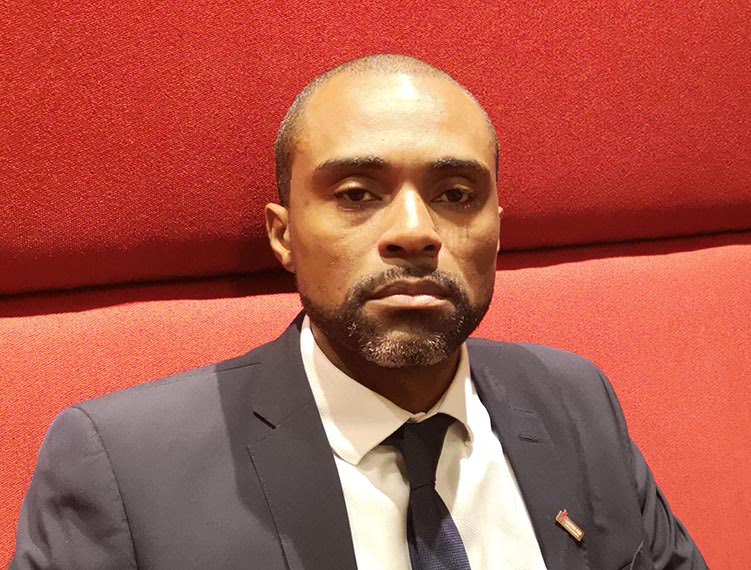How to reach and engage hard to reach young people

Our remit, in the main, is to focus on young people who need a little extra support.
Not just those who’ve been challenged by the education system because of behaviour, although that’s what we do.
But also, that aspiration, about what we can do to try and employ, educate and elevate young people into society.
What I’ve found through my own journey, and similar background to perhaps a lot of the young people that have been on that journey, it’s about aspiration, giving the examples, showing people that they can get out of their current situation, given the right support and motivation.
Leading by example
I was fortunate growing up, primarily in a single parent family in Walsall, in West Midlands. Second generation Jamaican immigrants, with family that believed in education and probably didn’t have those examples in the home, but actually felt let’s try and make it in the UK.
I’ve tried to emulate that in my own journey, both through university and business, and then coming out and developing a number of social enterprises, including a Multi-Academy Trust that has a curious mix of two grammar schools, two comprehensive secondary schools, a studio school which I founded a few years ago, and a new alternative provision school called The Ladder.
What we’ve done is try to give examples to young people progressing through the education system, presenting them with opportunities, real time businesses, big and small, well known, not so well known, and then using them as examples, as peers to encourage others to step up as well.
How can we, in Further Education, help scale to reach more hard to reach learners?
It’s a tough question and it is the question of the moment, in some respects, the whole issue around social mobility versus social justice.
I think the social justice argument is the big picture, “How can we make this society where everybody can access and achieve their own personal goals and ambitions?”
But I think that is the long term. That long term, I think, is about collaboration, it’s about getting different perspectives, it’s about speaking to power and saying, let’s do things a different way.
But I think in the meantime, and I’m not ashamed of these, I think for some the social mobility angle is looking for those quick wins.
A localised vision
For those peoples in your communities, in your schools who actually can excel, and accelerating them into opportunities that perhaps they wouldn’t ordinarily have had, because of where they lived, or their historical background of multi-generations not having the education route, or the employment route that potentially they have, and having that ongoing dialogue.
What I’m learning, there is so much to learn on this journey, is putting together the different protagonists, from education, from media, from employers, and presenting them to our politicians, our policy makers to say, “What can we do locally?”
I think there is something about the local, the very local, the micro, as opposed to big macro schemes that can be potentially utilised.
Not scaled up in the sense of they’ve got to become some huge edifice, but maybe lots of multiple, different examples, that are bespoke to each community that we work and learn in.
Kevin Davis, Chief Executive of the Vine Trust Group
The Vine Trust Group: An education, employment and engagement charity, has been going on for 30 years. Primarily based in the black country, but now working nationally.
Looking forward to seeing good friend @KevinRDavis @TheVineTrust @GS10KSmallBiz alumni speaking after @AnneMilton later. #AELPAnnual19 pic.twitter.com/sWUkMsRdrY
— Susanna Lawson (@SusannaOneFile) June 25, 2019












Responses